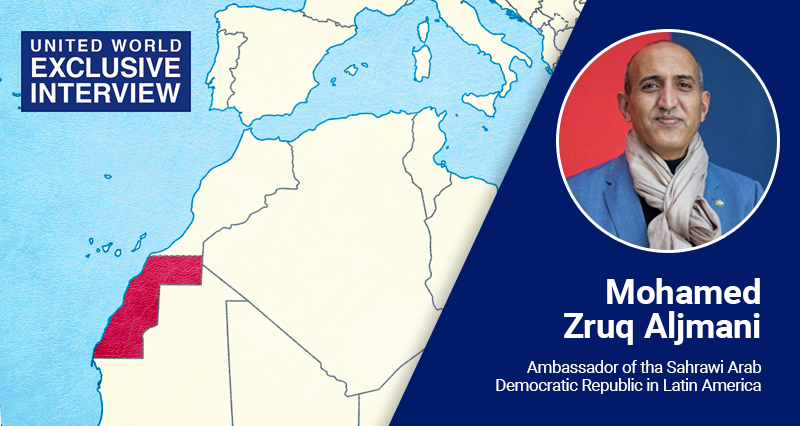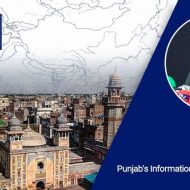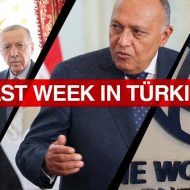Starting in the 20th century, the African continent has largely concluded the process of de-colonization. Almost all countries achieved independence and national sovereignty, and have today advanced to deepening economic sovereignty also by increasingly making use of the emerging multipolar world order.
An exception of this trend is the Sahrawi Arab Democratic Republic. In 1975, the former colonial power Spain retreated from the territory of the republic, also known as Western Sahara. In the Madrid Agreement between Spain, Morocco and Mauretania, the area was divided between the two latter, thus contradicting previous Spanish laws on decolonization and self-determination. Morocco later invaded the territory.
Claiming the independence, the Polisario Front declared the foundation of the Sahrawi Arab Democratic republic in 1976, followed by an armed insurgency against Morocco. Since then, the Sahrawi people are fighting for their independence and national sovereignty.
We spoke about the current status with Mohamed Zruq Aljmani, Ambassador of the Sahrawi Republic in Latin America.
As former colonial power, Spain is the country in administration of decolonization of our country. It was obliged as such to lead the process to independency. Instead, it sold our country to Morocco, to which it later even provided weapons against us.
And although Madrid has animated us to hold an independence referendum in 1991, 30 years later, it contributed to the failure of implementing its results. In 2020, the Spanish government stopped very short of recognizing Morocco’s sovereignty over our territory, despite opposition even from within.
One explanation for their coward position is Morocco’s policy of blackmailing against Spain in regards of refugee flows, illegal immigration and digital piracy. The Spanish government has cowardly given in to Morocco’s demands. The democratically elected government of Pedro Sanchez has subdued itself to the demands of a feudal monarchy, which Morocco is.
Western countries are part of the problem, but they don’t want to be part of the solution
West Africa faces increased intervention by European powers on the pretext of fighting terrorism. Several countries, for instance Mali, have cancelled their cooperation with European countries and seek partnerships with others. Does that situation affect you too?
It of course affects us. In the entire region of North Africa, frequently elites came to power, often directly appointed by European regimes. This happened even by coup d’etats sometimes.
Then came the pretext of fighting terrorism and radicalism, by the same means, that is, war. These wars have obviously not solved the problem, they also impoverished the populations and radicalized the situation. In some cases, for example Libya, these policies led to the fracturing of countries.
Looking back on the past 20 years, these European policies have not contributed to peace, stability or democracy in these countries. Therefore, it is completely legitimate and justified that for instance the government of Mali has tried a different approach that leaves aside Western, essentially French assistance, and instead cooperates with other states that are not under suspicion of colonialism or expansionism.
This is a complex situation, but to put it simply: Western countries and especially France have been part of the problem, but they did not want to be part of the solution.
France wants to make the Sahrawis pay the bill for the expulsion of its forces from Algeria 60 years ago
Does France also play a role in the Democratic Arab Republic of Sahrawi?
Clearly. We always have stated that France in its neocolonial perspective has always considered the Sahrawis as the black sheep in the region. They have never been able to acknowledge that there is a Hispanic, Latin culture in the Francophone region of their dominance, their former colonies.
And France also wants to make the Sahrawis pay the bill for the Algerian expulsion of French forces 60 years ago. It is no secret that this is the reason why France supports Morocco’s expansion into the Sahrawi Republic.
But we still hope that the changes in the European Union and France lead to a different approach, which needs to acknowledge the peoples’ right to self-determination.
There is a lot of talk about multipolarity. What does multipolarity mean for you, can it offer a solution?
Obviously. We state our struggle for emancipation and self-determination has been somewhat taken in custody in the last 30 years. The reason was a certain correlation of forces in the United Nations Security Council.
These 30 years had followed the Cold War and had tipped the balance of power towards one side, the United States, France and the European Union, with the latter frequently acting without a real position and cowardly.
In a way, we paid a tribute to that unipolar system.
Now, we are witnessing the emergence of a multipolar system, but a true one, that is, one that respects the self-determination and the sovereignty of all people and nations, no matter what their size is.
The multipolar system opens for us the chance to establish relations based on much more mutual respect and equality to all sides.









Leave a Reply